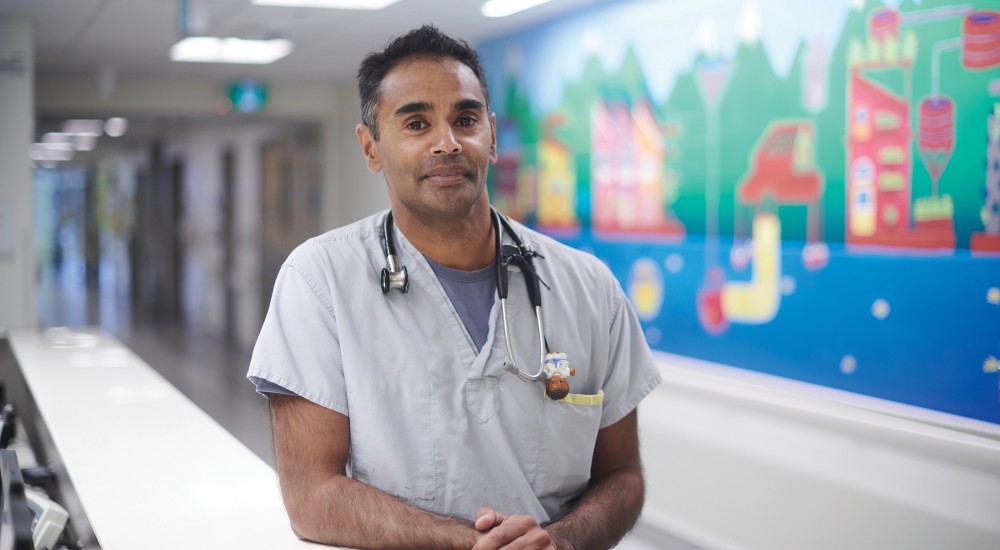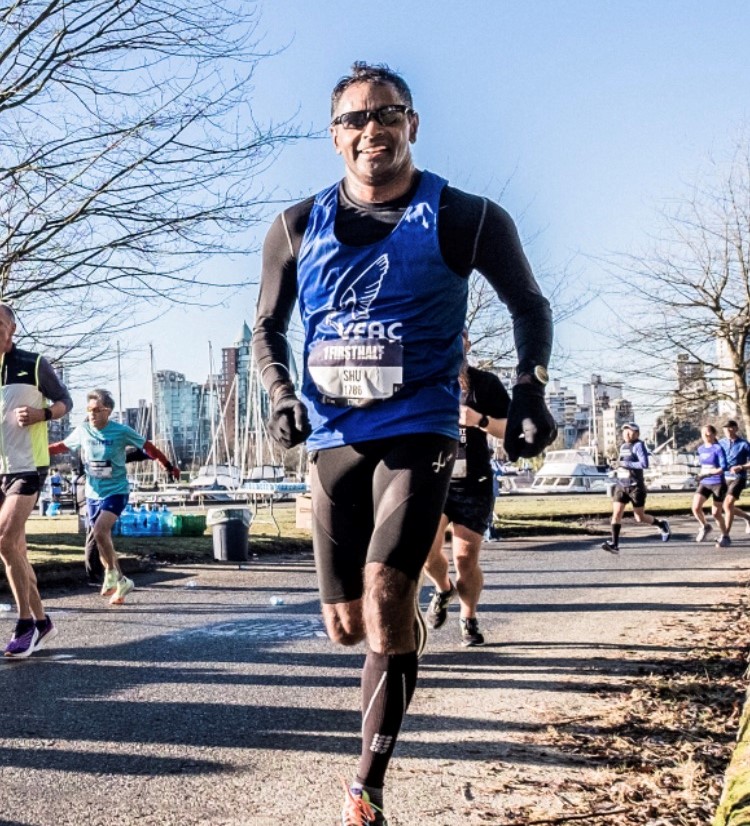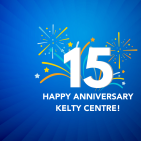
As I approached my birthday, I decided to reflect on some things that I thought were good lessons I had learned and some rules to live by. Perhaps in the hopes of helping someone, I shared these publicly on my Twitter account. “Mindfulness works”, I tweeted. Somehow, putting something out on social media seems to require a greater commitment to that truth (probably part of what is wrong with the world, but that’s for another time!). What prompted me to put all of my public support behind mindfulness?
I wake up with a to-do list forming in my brain. I am almost always managing a list of things I need to do, whether a physical list or a mental one. This is just how I am wired. As my career has progressed, and I have taken on increasingly demanding roles, this background brain chatter became overwhelming at times. I have been very fortunate to access coaching, leadership courses and other supports. I started hearing more and more about mindfulness. I would note that at some meetings, people would have us take a moment to focus on the present. I was intrigued by the promises that this seemingly simple pause offered. I realized that as a runner, I had been practicing a form of mindfulness while running. Running was a perfect opportunity to take control of my thoughts and focus on breathing.

I dipped my toe in cautiously. I took a UBC mindfulness challenge. Within a few days, I was looking forward to the moderated five minutes of focus on the breath, the present, the body. I participated in a course on my work campus and learned more about the practice and how to diversify a bit from having to lie down in my room, which was not practical. Gradually, my awareness of being present increased. Unconsciously, my research focus had been heading towards the connection between the brain and the heart. We now understand that the brain is an important determinant of heart health.
Currently, I use mindfulness most days at work, and in a variety of settings. I often use it in the clinic or before doing a procedure. I will use it sometimes at the beginning of meetings I am leading. I discuss it with the patients I am seeing, particularly the adolescents who are struggling with their very busy neurobiological stage of life. Working in health care leadership, there is no shortage of crises. It is very helpful to be able to return to the present in situations that we tend to catastrophize. The deliberate act of calming the racing thoughts reduces my stress and has been greatly beneficial in managing my day.







